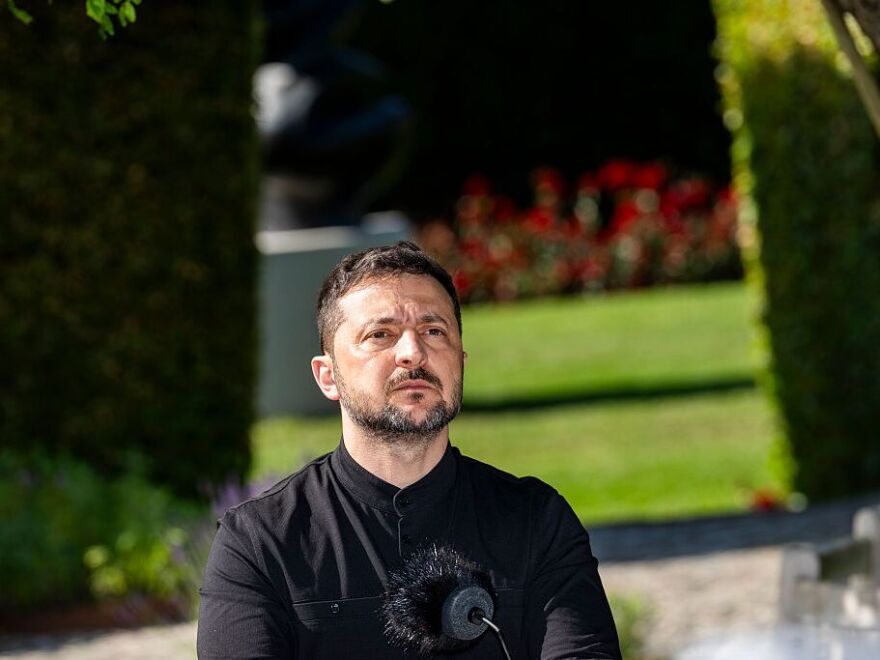The Death With Dignity law in Maine was recently revised by lawmakers, allowing doctors to choose to decrease the required 17-day waiting time before administering life-ending drugs.
The Death with Dignity Act of Maine, which was passed in 2019, has generated continuous discussion on the morality of letting terminally ill patients take their own lives. Weeks of tearful testimony at the State House were prompted by the proposal, which will enable doctors to reduce the waiting period to as few as seven days.
The adjustment, according to supporters, will spare eligible patients needless agony. Since the law’s inception, nine people have passed away before completing the mandatory 17-day waiting time.
After a protracted fight with ALS, David, Holly Dominie’s husband, decided to end his life with medical assistance last November. In her testimony at a public hearing, she said that the required waiting period made his last days needless.
According to Dominie, David was unable to alter the fact that he was sinking deeper and finding it difficult to bear all of these attacks on his body, which made it difficult for him to survive.
David was unable to swallow or speak. He lost his dexterity and ability to walk after having a feeding tube placed a year after receiving his diagnosis. The event was unbearable for David.
According to Dominie, David struggled to feel as though he was suffocating and drowning because he had claustrophobia.
David was eligible for physician assisted death after he lost the ability to breathe on his own. However, according to Dominie, the illness started to advance quickly by the time the waiting period started. She claimed that they were always worried about whether David would be able to give the medications on his own, as required by law. David practiced daily despite his agony to ensure he had the strength to complete the task.
We didn’t anticipate that a condition that had been gradually destroying him would suddenly make life extremely difficult, and those 17 days were agonizing, Dominie recalled. I’ve experienced some hardships. I’ve never experienced anything as difficult as that.
The bill’s opponents expressed worries about how it would affect vulnerable groups, such as those with mental health issues or impairments. “The focus should be on strengthening healthcare and social support systems rather than assisting death,” said Jessica Rodgers, coalitions director for the Patients’ Rights Action Fund, a nonprofit that opposes assisted death.
We are currently discussing ways to make it simpler for people to pass away when they aren’t receiving the necessary care and the fair and sufficient support they are entitled to, she said.
She worries, for instance, that people with disabilities who feel like a burden to their families would feel pressured to use the legal system. She claimed that by reducing the waiting period, the regulation eliminates a crucial buffer that allows patients to give their choice careful thought.
When the measure was first submitted, it permitted a complete waiver of the waiting period. However, as a precaution, it was changed to provide a minimum waiting period of seven days following a deadlock between the House and Senate.
Rodgers and others are particularly worried about the freedom to refuse treatment and how the term “terminal” is used in relation to patients. According to her, individuals who refuse treatment in some places may see a decline in their health before receiving a terminal diagnosis. In one case, a woman from Oregon who qualified for physician assisted dying after being diagnosed with Alzheimer’s disease—a disease that often does not classify as terminal—started to refuse food and water.
According to Valerie Lovelace, executive director of Maine Death with Dignity, there is no proof that malpractice or coercion has taken place in Maine. Rather, she added, end-of-life decisions are carefully considered and involve the patient and the physician.
Lovelace, who has long supported end-of-life choice, is unmoved by the arguments made by opponents.
Lovelace stated, “I want to tell the opposition to mind your own death.” If someone wants to chose to terminate their life, don’t get in the way of that decision.
The medications needed for physician assisted death are prescribed by New England Cancer Specialists palliative medicine specialist Dr. Mark Wrona. According to him, doctors that take part in the law are careful to ensure that their patients fulfill qualifying standards and won’t take a chance if they suspect someone doesn’t.
He claimed that he has never witnessed someone make a hasty or reckless choice because he has a long-standing relationship with many of his end-of-life patients.
“What people are really looking for at the end of their lives is control,” Wrona said, adding that the great majority of people who approach me to begin this talk have already been considering this for a very long time.
David, her husband, did not make the decision to terminate his life lightly, according to Dominie. David, an avid environmentalist and lifelong explorer, handled his sickness with humor and dignity. She said that he would have been pleased to see the new law passed at last.
According to Dominie, he was a really good man who would never wish for anyone to endure more suffering than necessary.
Those on both sides will continue to observe the new legislation. September is when it goes into effect.






